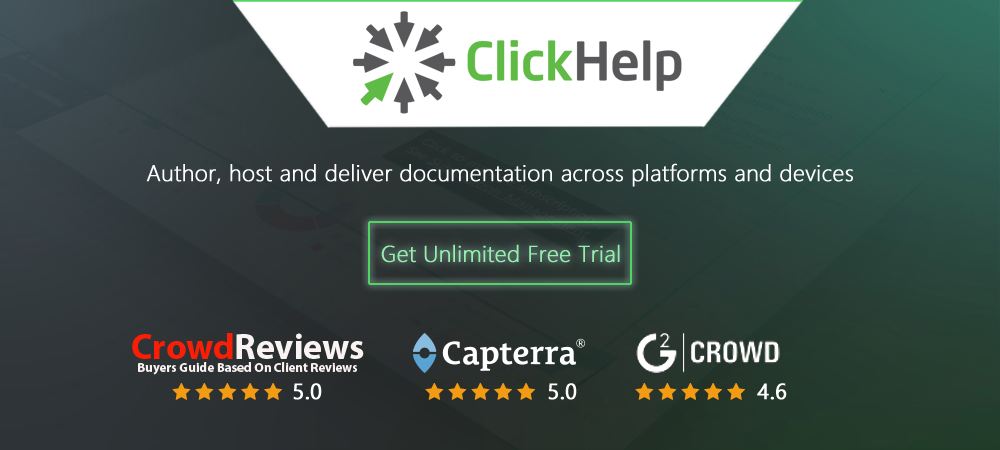
Lately, you can see a lot of job offerings for UX designers, UX writers, UX analysts, and such. The types of UX-related jobs are multiplying by the day.
You most likely heard about Usability Experience. But it’s a term from the past, nowadays people talk about User Experience (or UX for short), but some still think that these are synonyms. Usability is only a part of User Experience.
Can you control your clients?
In most cases, companies are forced to adapt to their customers. The user does not want to delve into a website that is too complex or incomprehensible in structure, because the choice of similar services is huge. Our pragmatic brain tries to work as less as possible and act according to patterns wherever possible.
Even the best design won’t save your website if a user doesn’t understand the navigation, or it is hard to find info or place an order.
A few seconds is more than enough for a person to understand whether they will spend any time trying to figure out how things are on the website, or is it easier for them to find something else.
The only ones who can do something really creative (and I mean really — sometimes even too creative) are the industry leaders. They set trends, so their solutions can be quite complicated.
Over time, users adapt to innovations, and this becomes their new experience. Large companies (like Apple) don’t stop working on UX, improving it constantly, often changing the logic and polishing their products.
But small and medium businesses have to adapt to their audience’s needs.
- If you’re planning to launch a new website, better determine first which tasks it should solve and think through the logic.
- If you want to change something on an existing website, make it based on your users’ experience. Ask yourself: “how will these changes affect my clients’ experience?”
We can often hear: “But that’s simple! You just click here and then here…”. This phrase means that you’ve already lost a lot of money because you are not there when your clients need help. The easier it is to interact with an interface, the more willing to pay will clients be.
Website builders — are they any good?
You don’t necessarily have to hire a specialist to create a website. There are tons of affordable solutions like website builders. Each has its features, pricing and is built for different user scenarios.
Sometimes it’s hard to make the right choice without help “from the outside”. That’s why some people use outdated services. Some get help from freelancers or agencies.
Only the strong survive
You can’t create a strong product without thinking how easy to use and useful it will be for the end-user. That’s why you have to improve UX:
Not to lose valuable clients: potential and existing ones
The main thing here is to make sure that users don’t have any difficulties performing tasks — placing orders, searching for info, etc. If a user encounters any problems, they will most likely look for something else.
To have a competitive advantage
Businesses exist according to the law of the jungle: the strongest survive. Therefore, if your competitors enhanced their websites, and you have nothing — no impressive discounts, no exclusives, etc. — then you simply lose this fight for the buyer.
Of course, you may have clients that are happy with the way things are. But the new ones will always be comparing your product to your competitors’. Why would they wade through a “broken” interface, if they can get what they want with one click somewhere else?
Many executives believe that if competitors are doing bad then they should not do anything with their website.
But the user won’t always compare your product with your direct competitors. They will compare it with websites they use every day, even from other areas.
Your attitude towards the consumer
There are reasons why companies can’t become closer to their consumers.
- Not understanding the buying process. “I can find everything I need n my website. It means everyone else can too”.
- Lack of resources — budget or people who would do it.
- Lack of competencies — it’s difficult to understand the whole variety of technologies — which solution will be the most effective in a particular case
- “Broken” internal processes — employees resisting innovations
- Unwillingness to improve — the money comes, everything works, why improve anything?
UX methodology allows to improve the product quality significantly, but it requires a deep immersion into the needs and habits of users, conducting researches and tests.
Therefore, if your industry is highly competitive, informational advertising noise has reached its maximum, and classic marketing does not allow you to grow faster, then you need to move on to the next stage of business development and start making it customer-oriented. UX can help you with this!

Source: https://medium.com/level-up-web/user-experience-ux-in-marketing-cf66a80d10e5
Written by

